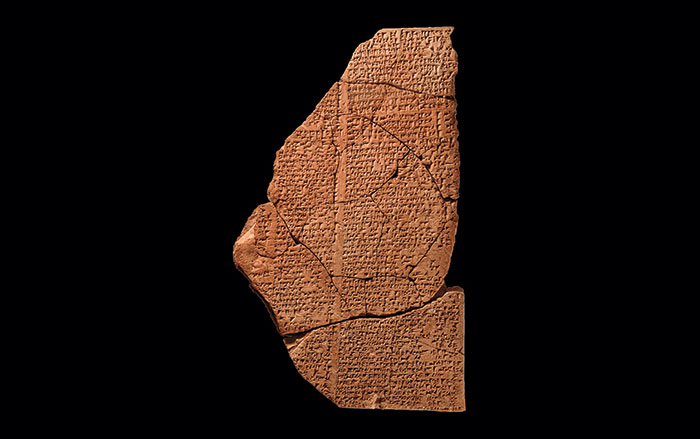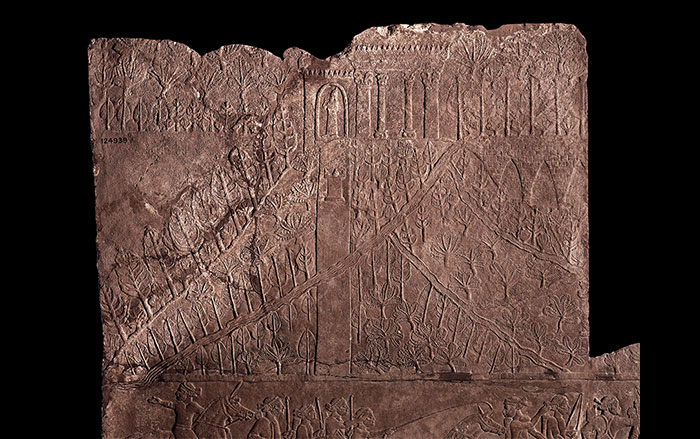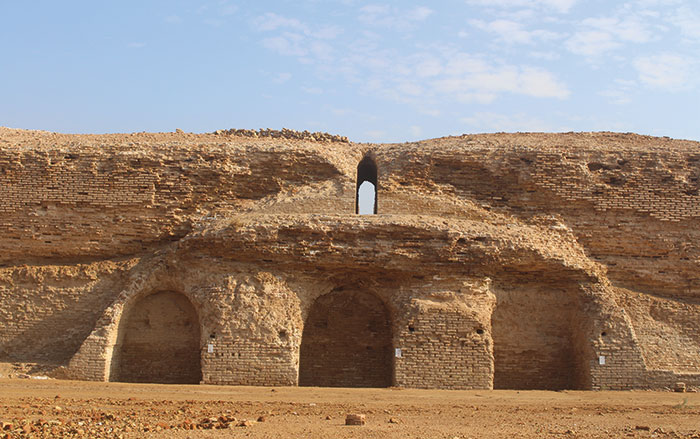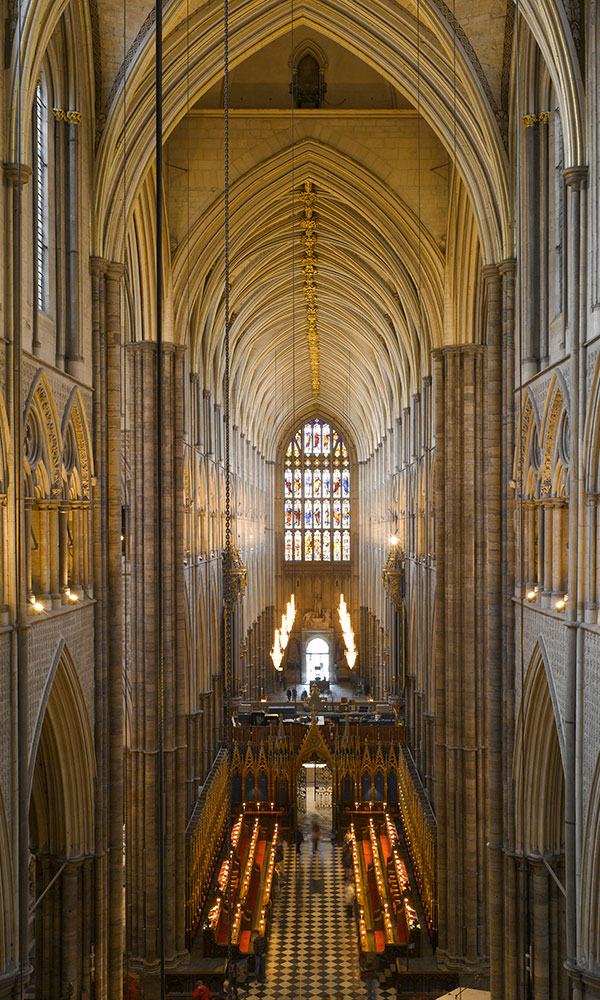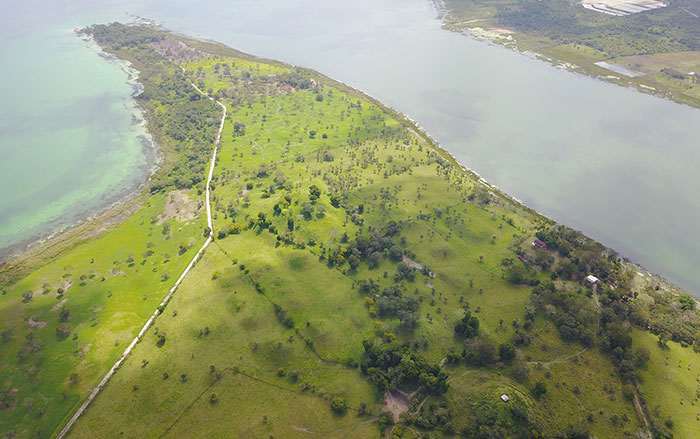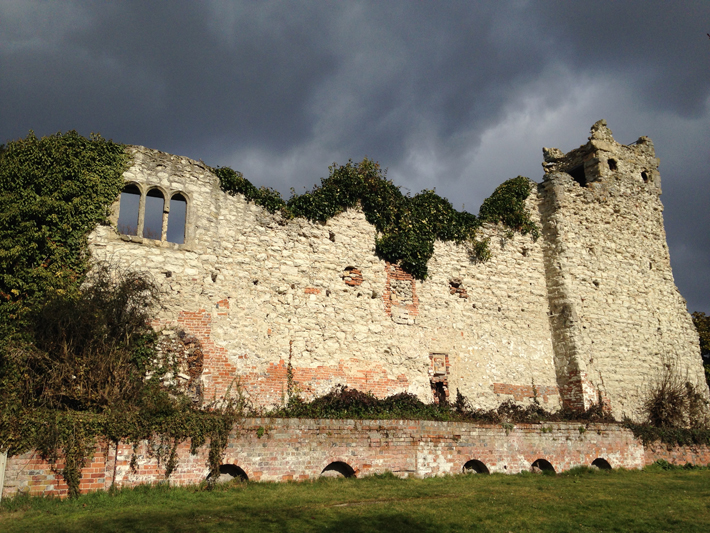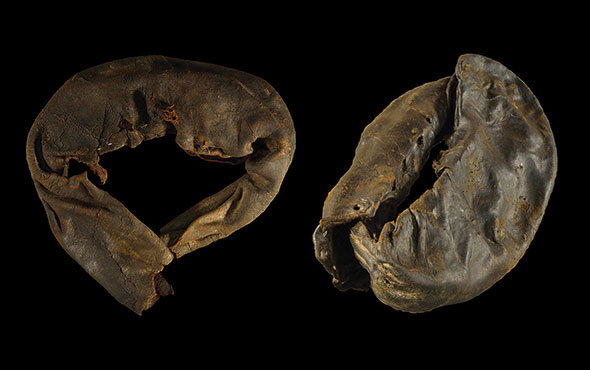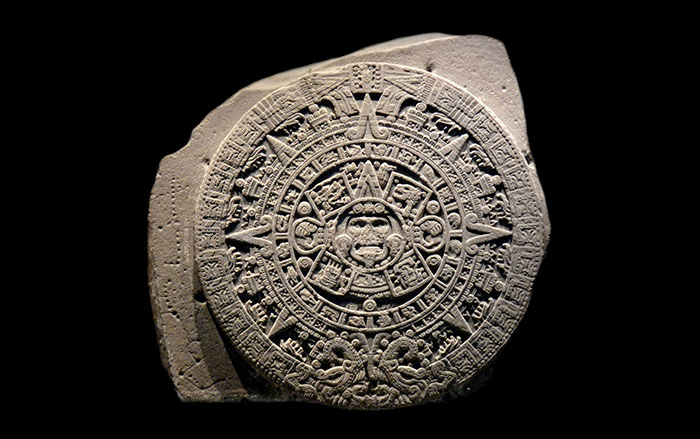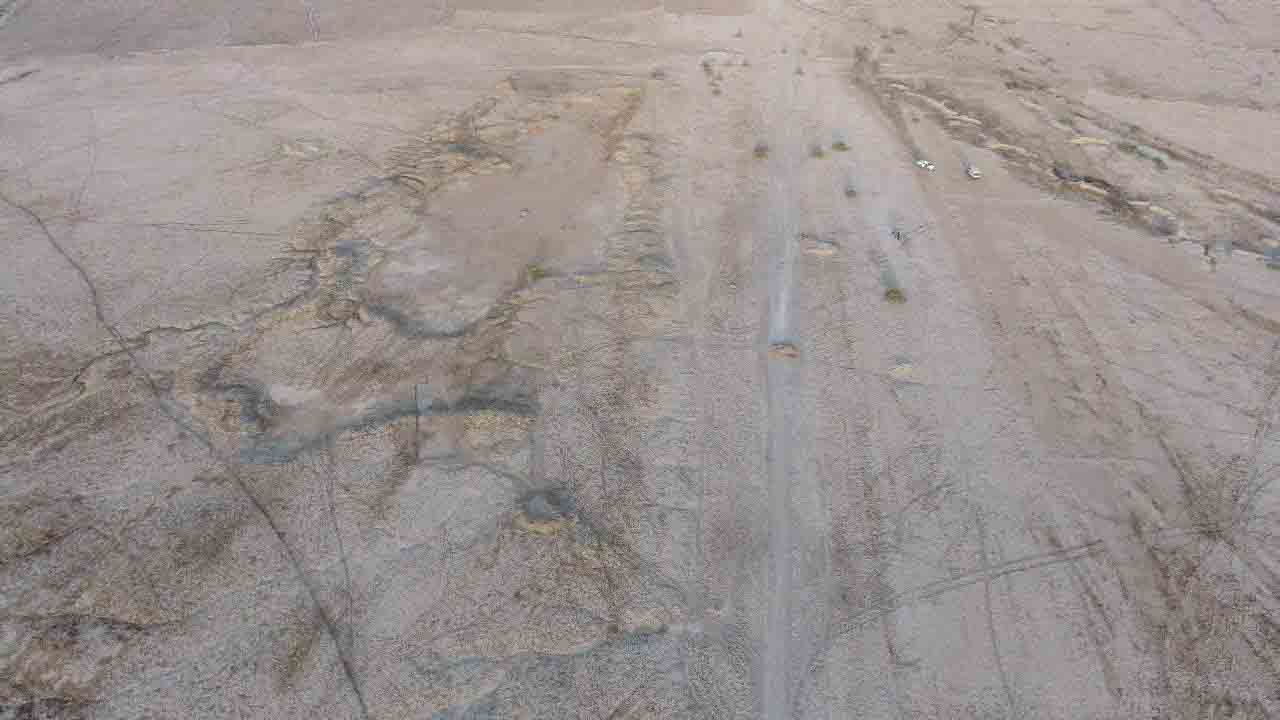
The Sumerians are known for having established one of the world’s earliest agricultural civilizations, but a chance discovery in southern Iraq suggests they also traveled the seas and conducted long-range trade. In 2016, researchers from the Sapienza University of Rome were excavating at the site of Abu Tbeirah when they spied clay bricks in a foxhole. In the years since, they have found remains of brick ramparts along with docks and an artificial basin that served as the town’s port. Dating back more than 4,000 years, it is the oldest harbor ever to have been discovered in Iraq.
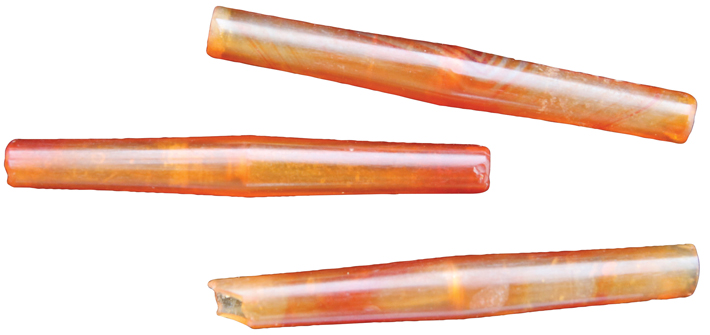
The researchers have also found carnelian beads from India along with alabaster vases and other objects that must have been procured overseas. The finds are surprising because the extensive records Sumerians left behind in the form of cuneiform tablets include a great deal of information about farming, but little about seafaring. “The texts speak mainly of agriculture because it required the most organization,” says excavation codirector Franco D’Agostino. Archaeology is helping to make clear how important seafaring was to them as well.


